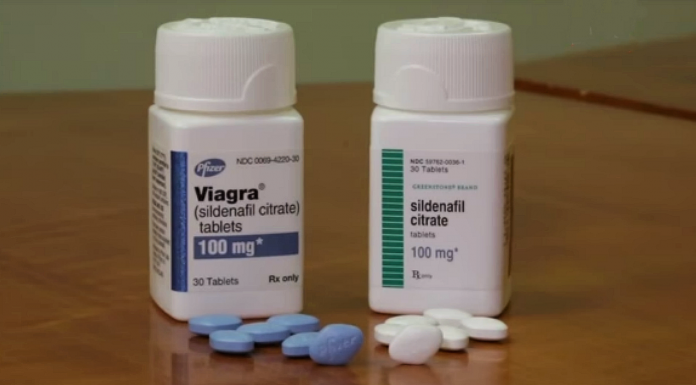There is growing empirical evidence coming from the United Kingdom that Pfizer’s Viagra (and its generic version, sildenafil citrate) may be effective as a treatment for COVID-19.
The New York Post last week reported that Monica Almeida, 37, a respiratory healthcare worker, was just 72 hours from having her ventilator turned off when she was saved by a “large dose of Viagr.”
Almeida was in a coma suffering from COVID for 28 days before her Viagra treatment.
The Sun talked with Almeida, who was fully vaccinated but still suffered with a severe case of the disease.
“It was definitely the Viagra that saved me,” she said. “Within 48 hours it opened up my airwaves and my lungs started to respond.”
Viagra is available to patients in the UK as a experimental treatment for COVID-19. There are clinical trials underway to determine its efficacy in treating the disease.
Sildenafil, the active ingredient in Viagra, was originally developed to treat cardiovascular disease like high blood pressure and angina. The drug improves blood flow by dilating blood vessels.
The story gained National attention when Tucker Carlson, on his Fox News show Friday, discussed the findings with Dr. Marc Siegel.
Dr. Marc Siegel reacts to a U.K. nurse waking up, having been in a coma for a month, after receiving a dose of Viagra on ‘Tucker Carlson Tonight.’ pic.twitter.com/IfxsDYdvfC
— Nietzsche fan (@nietzsche_1984) January 8, 2022
“I think this is a potential treatment,” Sieglel said.
He noted that Viagra increases nitric oxide which has been shown in several studies to increase oxygen levels to the lungs when inhaled.
Siegel also said that Viagra is being studied for treating many other diseases and could have many benefits besides the treatment of erectile dysfunction.
He pointed to newly published data from the National Institutes of Health showing Viagra is associated with reduced risk of Alzheimer’s disease.
Of course, regardless of what the ongoing research concludes Viagra might help with the ongoing quarantine effort by giving people new incentives to stay home and stop the spread of at least one infectious disease.

